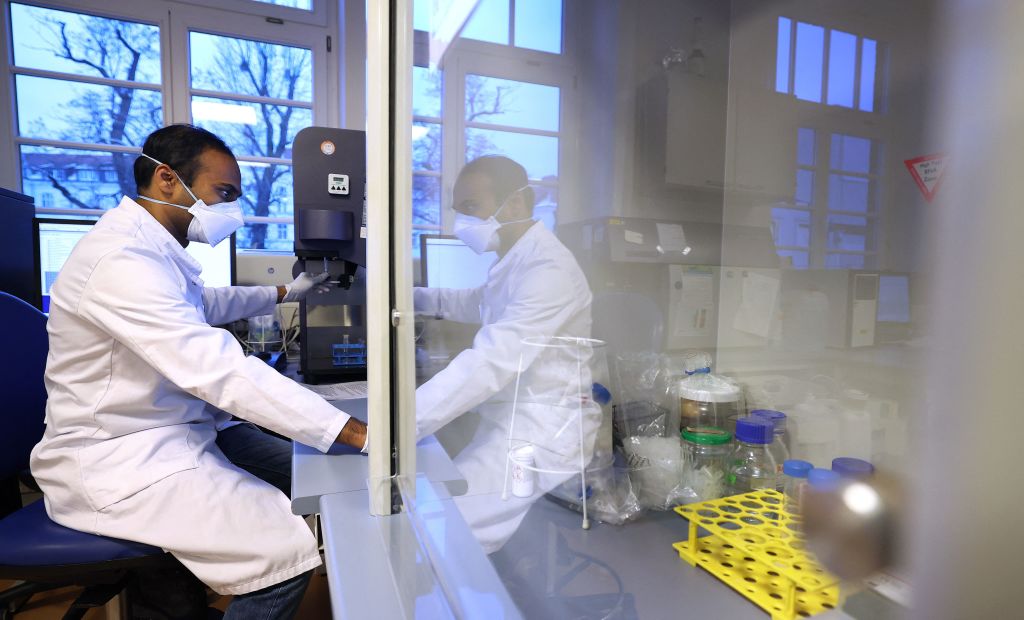For Some, Autoimmune Response Could Lay the Foundation for Long COVID
ADF STAFF
About a quarter of the people who contract COVID-19 develop a wide-ranging set of symptoms health experts call “long COVID.”
Long COVID encompasses a variety of health problems, including fatigue, heart and circulatory issues, difficulty thinking clearly (referred to as “brain fog”), dizziness and more.
New research suggests that, for some people, long COVID has many things in common with chronic autoimmune disorders such as lupus and may call for a similar approach to manage it.
The key to the problem of long COVID appears to be that, in severe cases, antibodies — the compounds the body develops to fight off infection — turn around and attack their own bodies.
“We now know that in patients with severe COVID-19, many of the developing antibodies responsible for neutralizing the viral threat are simultaneously targeting their own organs and tissues,” researcher Matthew Woodruff of Emory University wrote recently in The Conversation.
Those self-directed antibodies, also called autoantibodies, can persist for months or even years. Some autoantibodies attack the immune system itself while others attack specific tissues, such as the brain, heart or blood vessels.
That makes researchers suspect that autoantibodies could be behind the tiny blood clots (microclots) that form in the bodies of people suffering long COVID symptoms, Woodruff wrote. They may also “turn off” key components of the body’s defense against viral infections.
In general, the more severe someone’s infection, the more likely they are to develop the conditions that produce long COVID.
A study of 52 people with COVID-19 in intensive care found that more than half of them developed antibodies associated with autoimmune disorders, despite the fact that they didn’t actually have an autoimmune disease.
While some people produced only one set of autoantibodies, others produced up to seven different kinds.
Of those with the highest level of inflammation in their bodies, more than two-thirds showed signs that their immune system was producing antibodies that attacked their own organs. Autoimmune responses were still active as much as two weeks after their COVID-19 infection had passed.
Those results are similar to the response some early victims of COVID-19 experienced when their immune systems reacted to the infection and began attacking their body’s other systems in what scientists call a cytokine storm.
In the early days of the pandemic, doctors found that dexamethasone, a widely available corticosteroid, could reduce the impact of such storms. The drug did that by suppressing the immune systems of the people who received it.
That may make dexamethasone an effective treatment for people dealing with severe cases of long COVID, according to Woodruff.
A study recently published in European Respiratory Journal found that 41% of post-COVID patients still carried autoantibodies in their blood as much as a year after recovering.
Study author Dr. Manali Mukherjee, an assistant professor of medicine at McMaster University in Canada, said her researchers will return to the patients in the study two years after they recovered to see if they have developed recognizable autoimmune diseases.
Mukherjee is still suffering from long COVID a year after recovering from her own infection.
“There will be a subset of patients who will end up with a diagnosis for life,” she told NBC News.


Comments are closed.